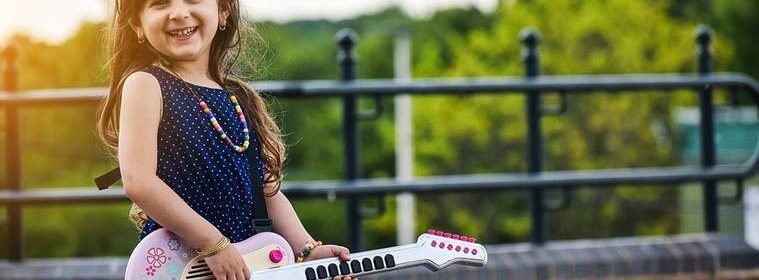Extra-curricular activities in school can enhance cognitive and motor skills

Integrating play, dance and music in the process of learning is one method of enabling this to occur. In particular, if schools can merge extra-curricular experiences into the learning experiences of the classroom, then we will enhance the opportunities for our students to become high achievers.

By Ian Davies
The new century has seen innovative teaching and learning approaches in schools which have to be interesting and captivating for students while ensuring that learning itself is taking place. Cognition only occurs when students transfer their short-term learning into their long-term memory.
Integrating play, dance and music in the process of learning is one method of enabling this to occur. In particular, if schools can merge extra-curricular experiences into the learning experiences of the classroom, then we will enhance the opportunities for our students to become high achievers. This happens in a number of ways.
Also Read: Arts and crafts help kids develop skills in early childhood
Firstly, leading a well-balanced life allows the brain to make connections across subjects and activities. For example, being asked to apply some theoretical knowledge in a practical situation enhances learning. Consider how much Physics there is in cricket and how algorithms improve game playing with board games. Some schools have a Lego Innovation Studio where students make their Science STEM programme realistic by dealing with exciting practical experiments, but by using Lego’s carefully crafted experiential learning programme, it develops a personal skills framework that ‘promotes a child’s drive to learn, their ability to imagine alternatives and to connect with their surroundings in a positive way’.
Holistic development of students also demands the learning and practice of social skills. Communication is a key one and this is where activities like Drama and Role Play make such an important contribution. Can you imagine our grade 12 working with primary students in sports, dance and theatre? Well it happens, as they are tasked with producing shows and presentations, acting as ambassadors for the school at events and so on. These are wonderful examples of cognitive and motor skills of students being enhanced through regular engagement in focused activities.
Also Read: How theatre can help you raise a happy, healthy child
One key way to improve such cognition and skills is actually through the encouragement of service learning activities. Firstly, students are given the responsibility to create and design a project that will make a difference to others in the community. They learn to emphasise with whom they work, they achieve something that they are proud of and they engage in a reflective process that considers their actions and how to improve. This is exactly what needs to happen in a classroom. Similarly, while playing or performing together in school co-curricular activities they are not only having fun but are building skills in communication and collaboration. These mechanisms are so powerful that they enable them to understand how parts work together to create a whole and make sense out of abstract concepts. They allow children to use their ideas in live situations and recreate something out of them, an essential part of learning.
Schools often do not teach uncertainty or even failure as a positive aspect of learning. Yet it is a most powerful agency. Children need skills and a mindset that allows them to step into uncertainty, create opportunities for themselves and their communities and learn throughout life. This will ensure that children are healthy, happy, social, with critical thinking, creative, competent and growing up to be responsible citizens of the country. Through his we can ensure the ‘well-being’ of all our students and enable them to become well-rounded individuals.
(The writer is Head of School-Garodia International Centre for Learning Mumbai – GICLM)
Source: Read Full Article